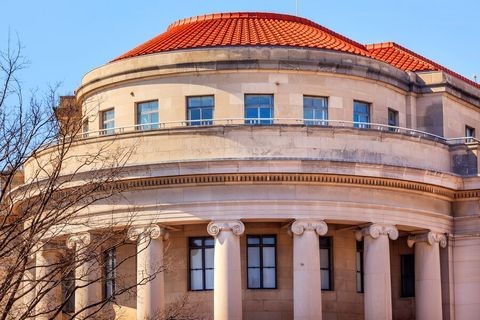Bad Faith Required For Preliminary Injunction Against Patent Holder Warning Potential Infringers
Client Alert | 1 min read | 04.14.08
In Judkins v. HT Window Fashion Corp. (No. 2007-1434; April 8, 2008), a Federal Circuit panel affirms a district court's denial of a preliminary injunction for an alleged violation of section 43(a) of the Lanham Act which was filed as a counterclaim in response to a claim for patent infringement. HT Window Fashion alleged that Judkins, the patent holder, sent their customers letters stating that HT Window Fashion infringed his patents in bad faith because the Judkins purportedly knew that the patent was unenforceable. The panel agrees that the Judkins' actions did not rise to the level of bad faith for HT Window Fashion to prevail on the section 43(a) claim stemming from a patentee's marketplace activity in support of his patent. Bad faith, in the context of informing potential infringers of a patent and potentially infringing activity, requires that no reasonable litigant could realistically expect to prevail in a dispute over infringement of the patent. In affirming the denial of a preliminary injunction, the Federal Circuit finds that the most significant factor for determining whether a party is entitled to an injunction is the likelihood that the moving party would succeed on the merits. The district's courts reliance on the patent's presumption of validity, even in view of the possibility of inequitable conduct, is not found to be an abuse of discretion.
Contacts
Insights
Client Alert | 11 min read | 05.17.24
FTC Finalizes Modifications to Broaden the Applicability of the Health Breach Notification Rule
On April 26, 2024, the Federal Trade Commission (“FTC”) announced a final rule (“Final Rule”) modifying the Health Breach Notification Rule (“HBNR”). The Final Rule, which largely finalizes changes proposed in a Notice of Proposed Rulemaking published last year (“2023 NPRM”), broadens the scope of entities subject to the HBNR, including many mobile health applications (“apps”) and similar technologies, and clarifies that breaches subject to the HBNR include not only cybersecurity intrusions but also unauthorized disclosures, even those that are voluntary. The Final Rule will take effect 60 days after its publication in the Federal Register.
Client Alert | 5 min read | 05.16.24
CMS Finalizes Contested Rule on Nursing Home Staffing and Facility Assessments
Client Alert | 3 min read | 05.15.24
Client Alert | 3 min read | 05.14.24



